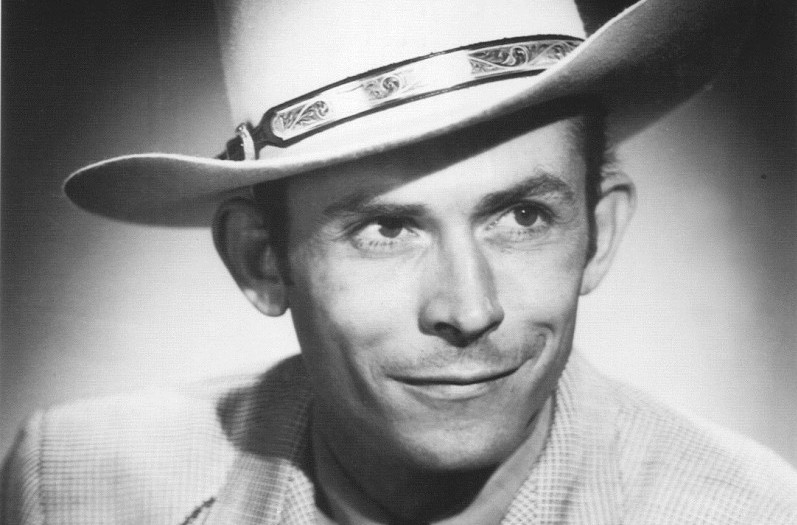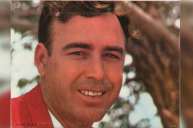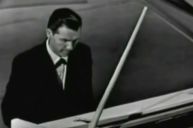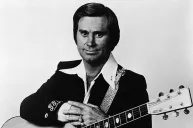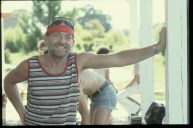As expected, the episode of Ken Burns' Country Music titled "The Hillbilly Shakespeare" dealt heavily with the influence of Hank Williams on the honky-tonk sound of the '40s and '50s. Yet while the two hour segment of a 16-and-a-half hour documentary should drum up enough new interest in ole Hank for viewers to check out the scholarly works of Colin Escott, many standout moments involve other key artists in what's becoming a Nashville-centered narrative.
Read on for five quick observations from a series that's still five episodes and over 10 hours from the finish line.
High Post-War Divorce Rates Impacted the Rise of Cheating Songs
In many of the series' best moments so far, Burns' team wove its running narrative about country music history into the broader scope of American society. Just as the series tied the mainstream popularity of fiddling competitions in episode one to the horrifying personal beliefs of Henry Ford, a brief argument is made that even if God didn't make honky tonk angels, society's shifting view on "til death do us part" helped popularize such songs as Hank Thompson's "Wild Side of Life."
Fred Foster Best Described Hank Williams' Lasting Appeal
So much has been written and said about Williams' greatness over the years, yet even the best takes by scholars, journalists and peers fail to sum it all up as succinctly and accurately as this quote from influential songwriter, producer and music executive Fred Rose: "Hank Williams had the guts to put into words what we were all thinking and feeling but too embarrassed to say."
Eddy Arnold Was Managed By Col. Tom Parker
https://www.youtube.com/watch?v=pxrlNCXvwyk
This isn't a huge revelation by any stretch, especially if you've read up on the careers of Elvis Presley and his infamous manager. Yet for some viewers old enough to remember smooth-voiced Tennessean Eddy Arnold or another Parker project in Canadian country legend Hank Snow, this briefly addressed fact from Parker's life story might change perceptions on the very narrow gap between supposedly old-fashioned country music and the rebellious roots of rock 'n' roll.
Lucky For Us, Ralph Stanley Didn't Pick the Pig
The most whimsical tale in the series, unless you're still giggling about the goat testicles guy, came when the late, great Ralph Stanley explained a decision that shaped the future of bluegrass music. At a pivotal moment in his childhood, Stanley got to pick one $5 gift: a banjo or a pig. Considering the influence of Stanley, as a member of the Stanley Brothers with his sibling Carter or as leader of The Clinch Mountain Boys, he made a wise choice by claiming the banjo.
Chet Atkins' Talent Almost Kept The Carter Sisters Off The Grand Ole Opry
Apparently, some guitar pickers in Nashville didn't want the Carter Sisters around. As Burns' team tells it, this push back had nothing to do with gender (not on the surface, at least) or jealousy over Mother Maybelle's status as the original guitar hero. Instead, the group's young guitarist Chet Atkins terrified some with his jazz-caliber talent. The anti-Atkins crowd lost, obviously, considering it's hard to fathom the histories of Music Row and RCA Records without Atkins' brilliant musical and business mind.
Now Watch: 5 Country Stars 'Banned' from the Grand Ole Opry
